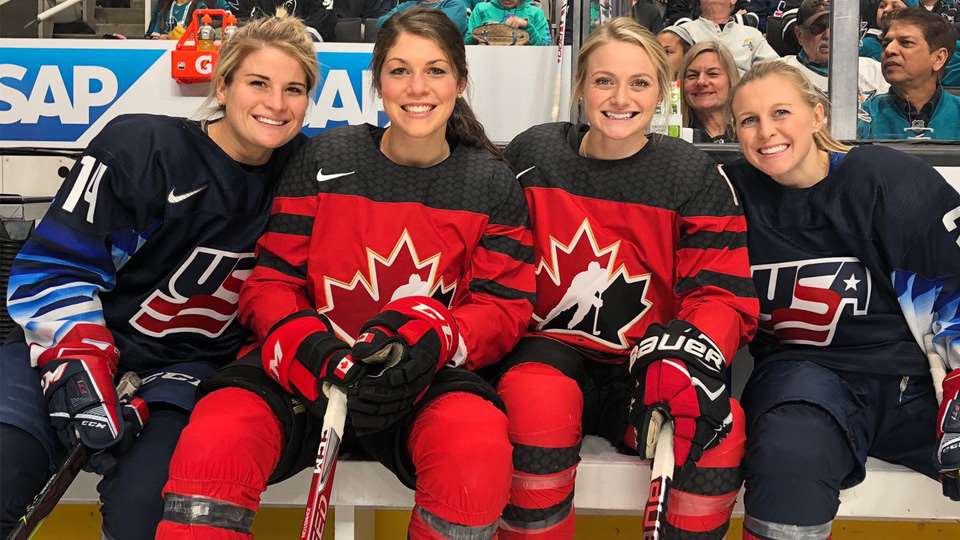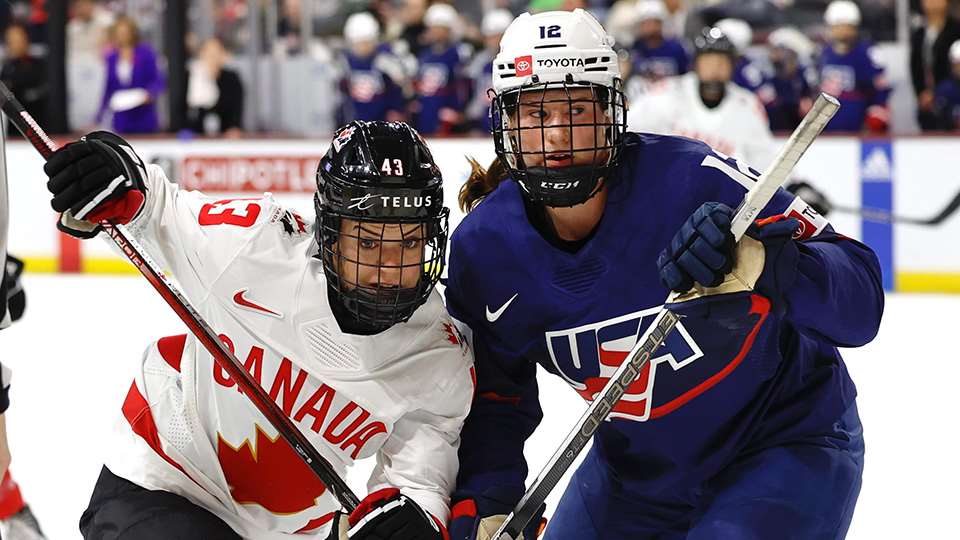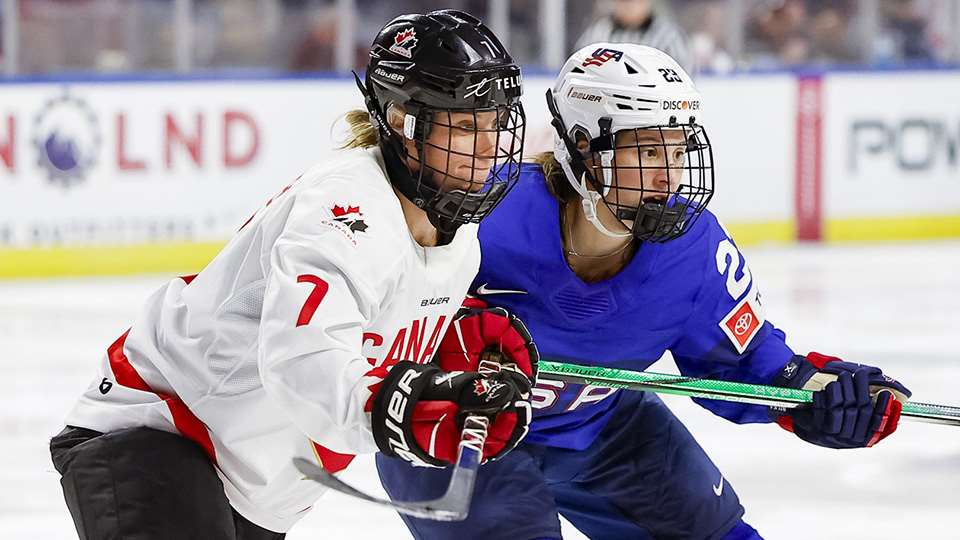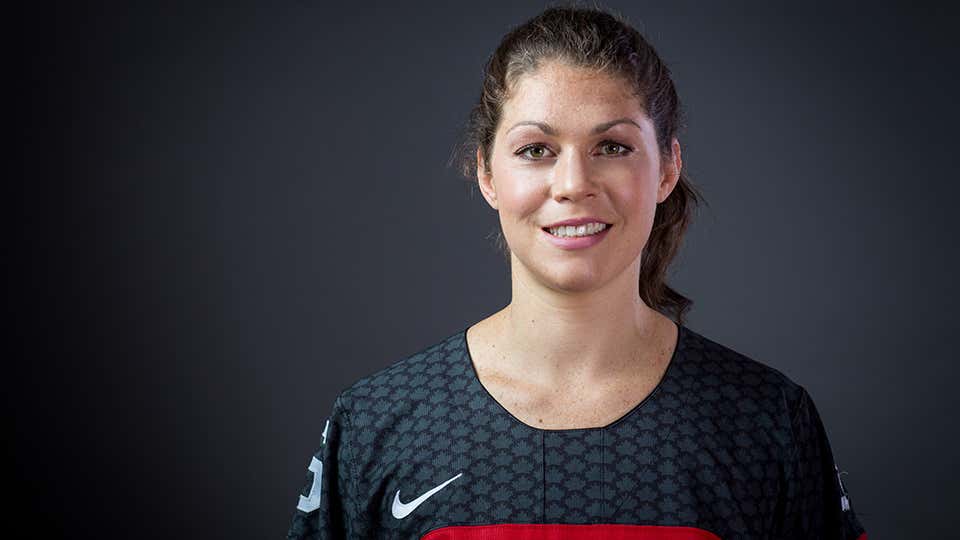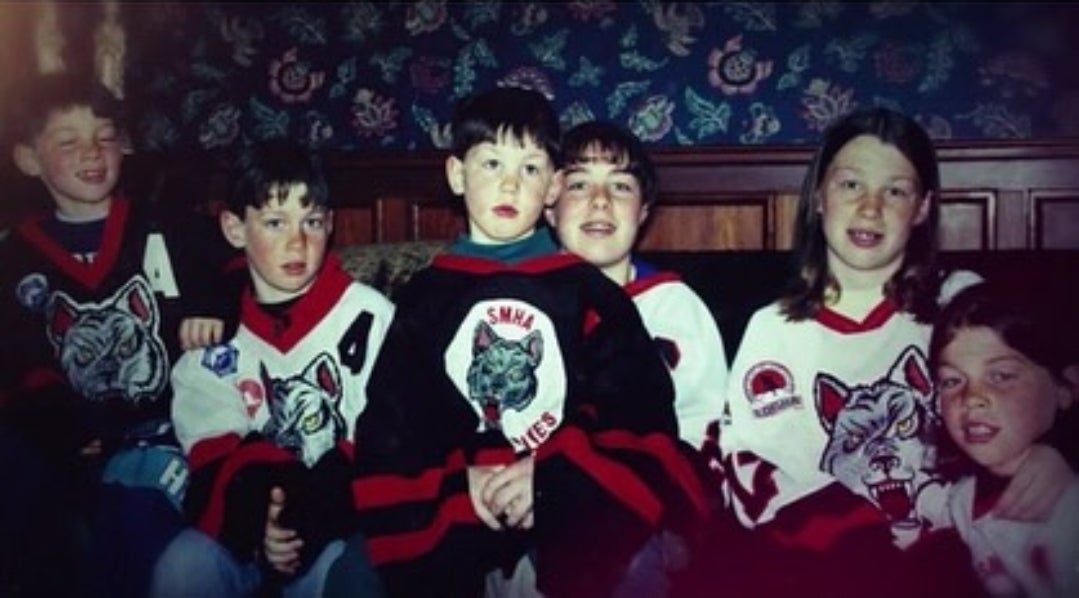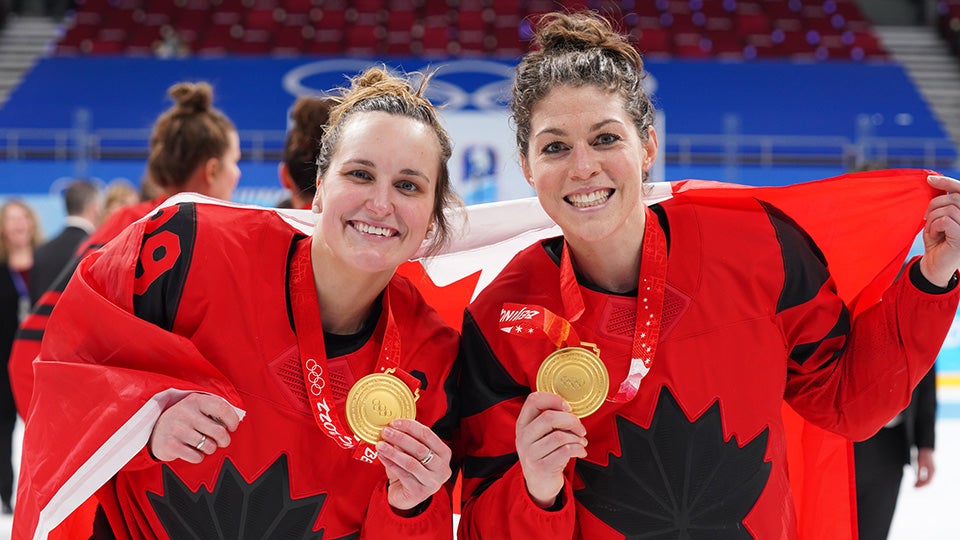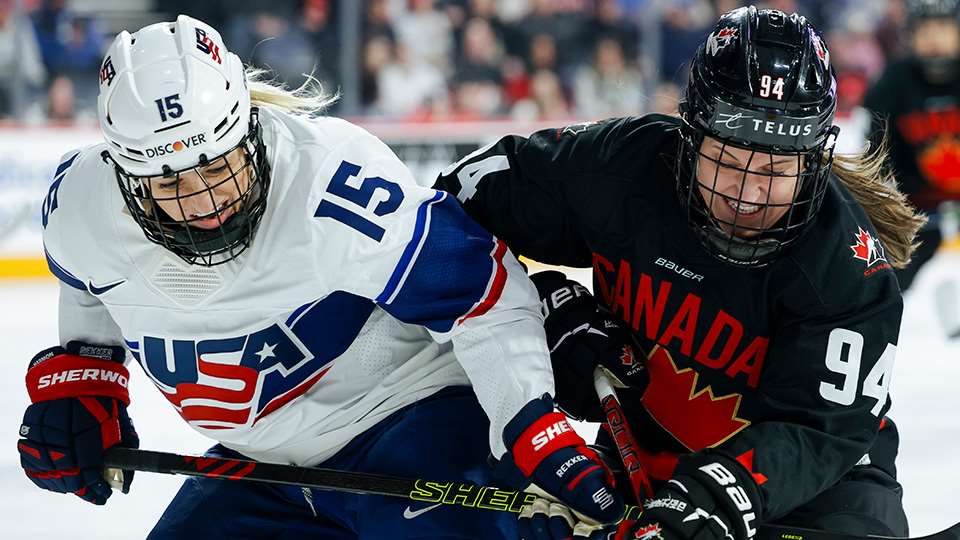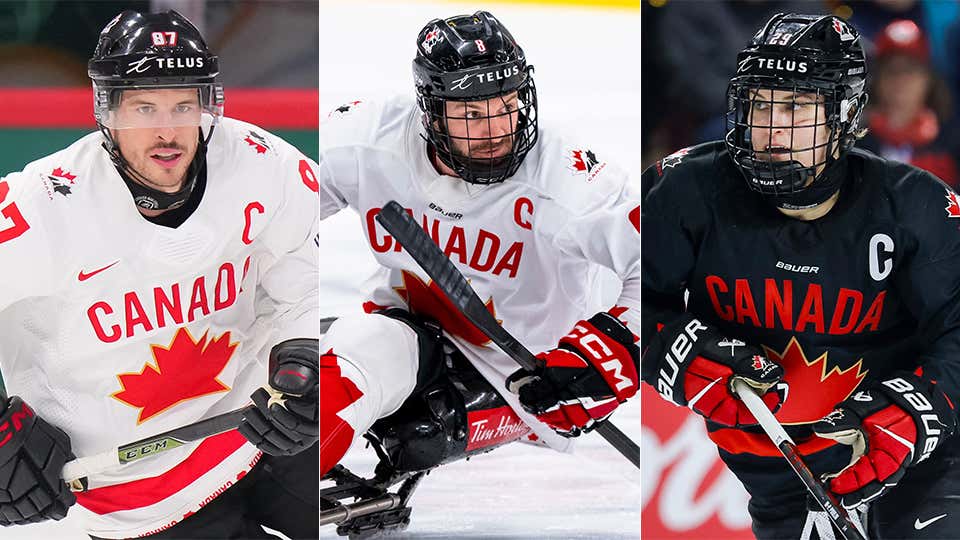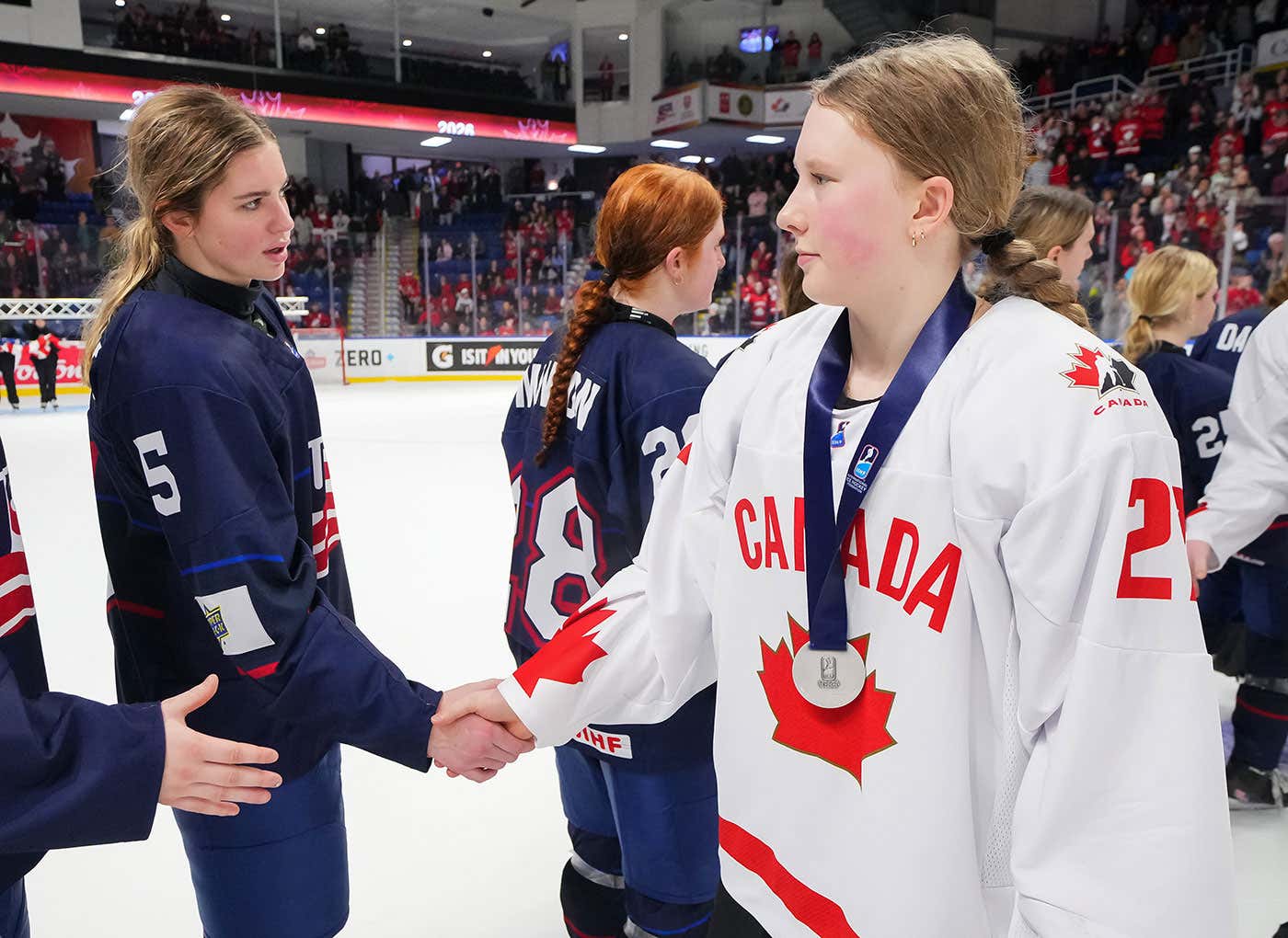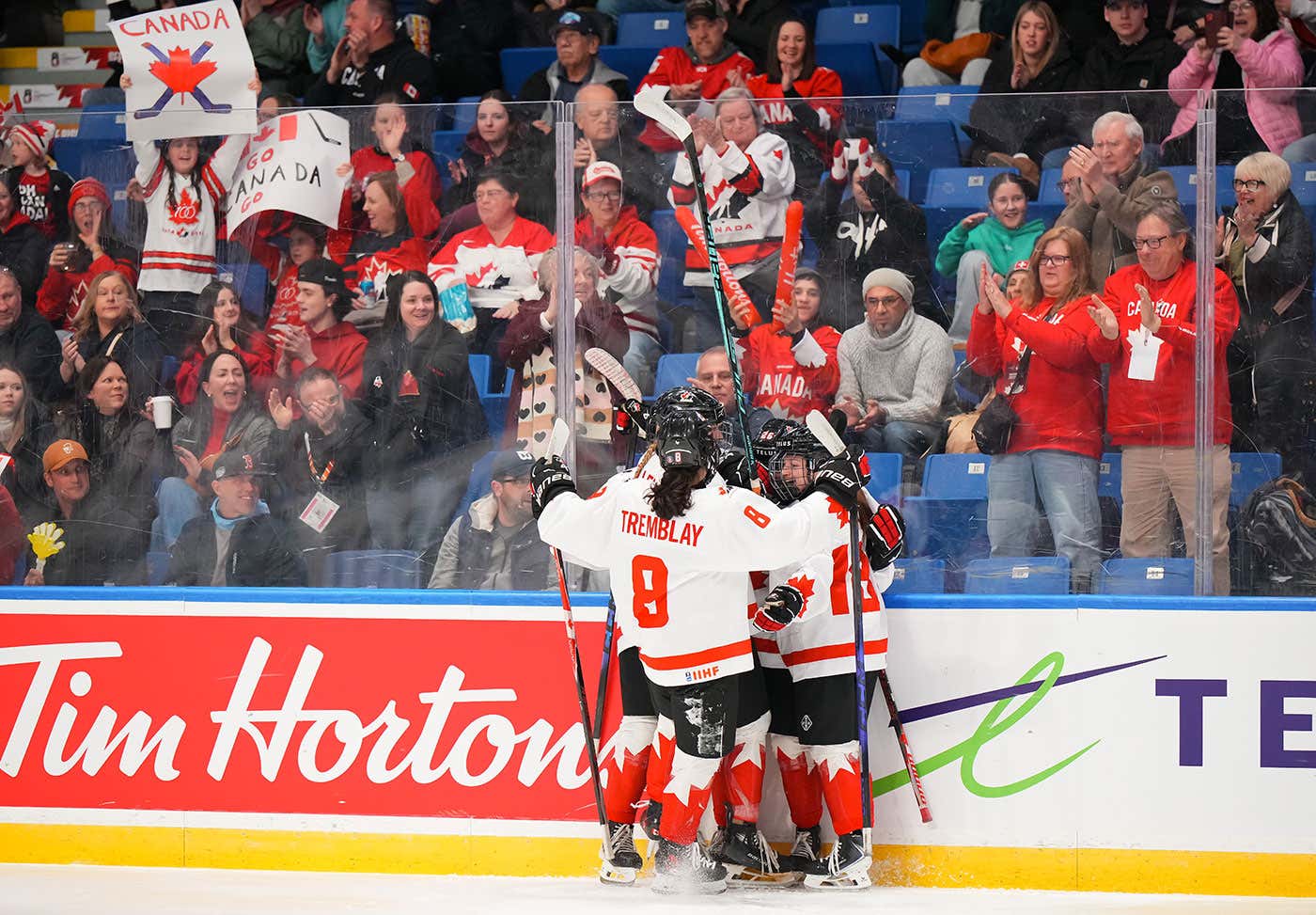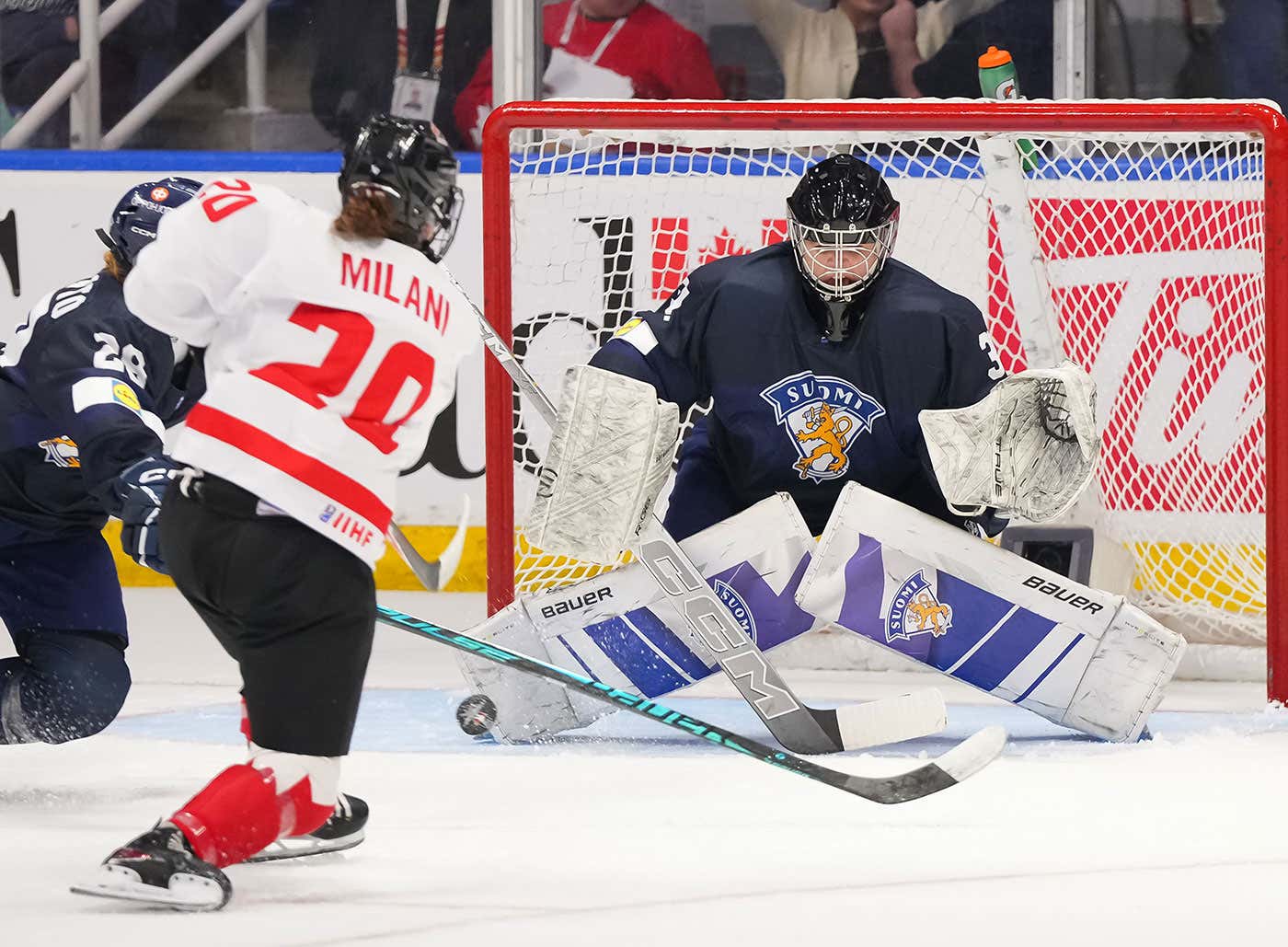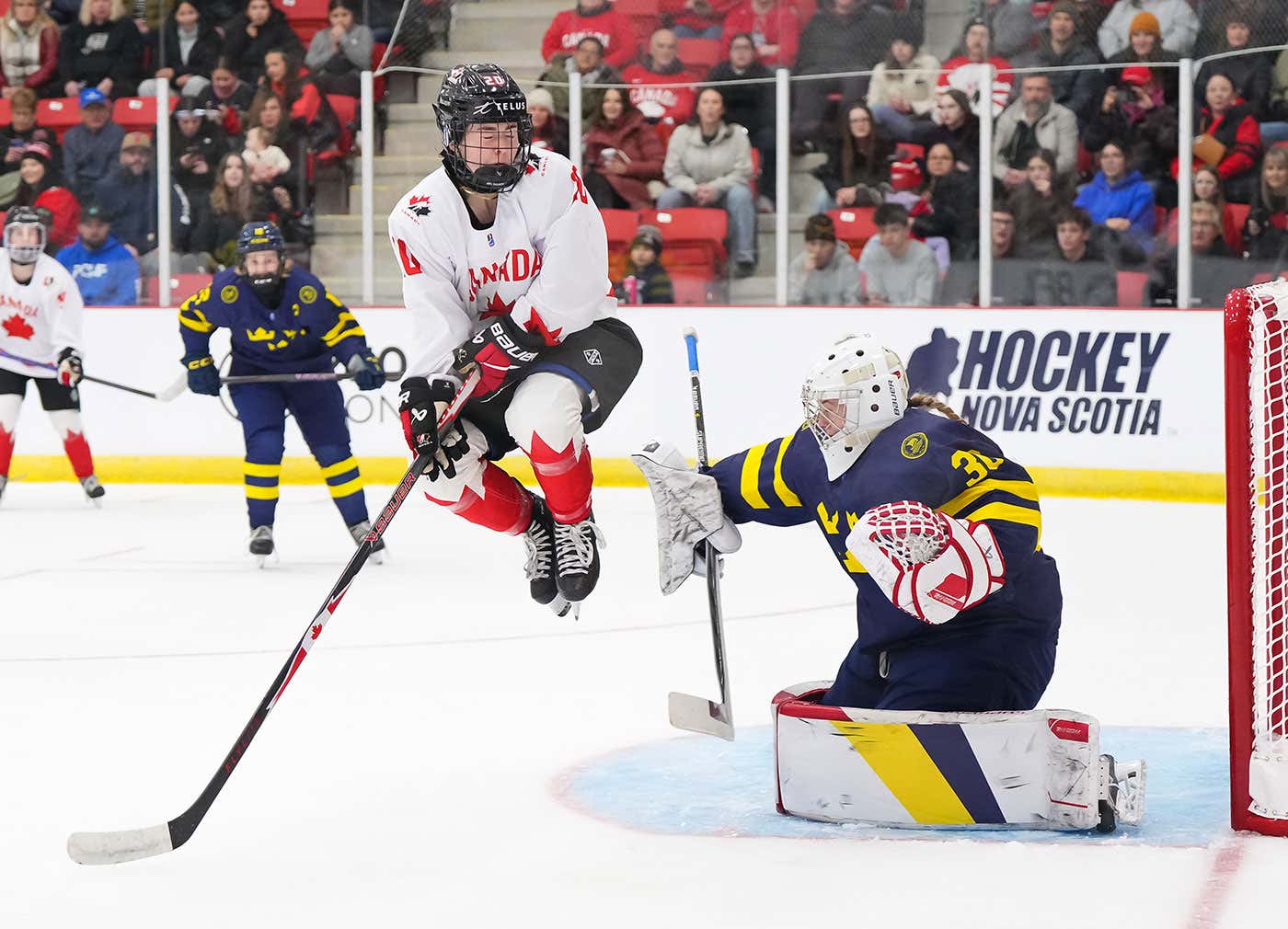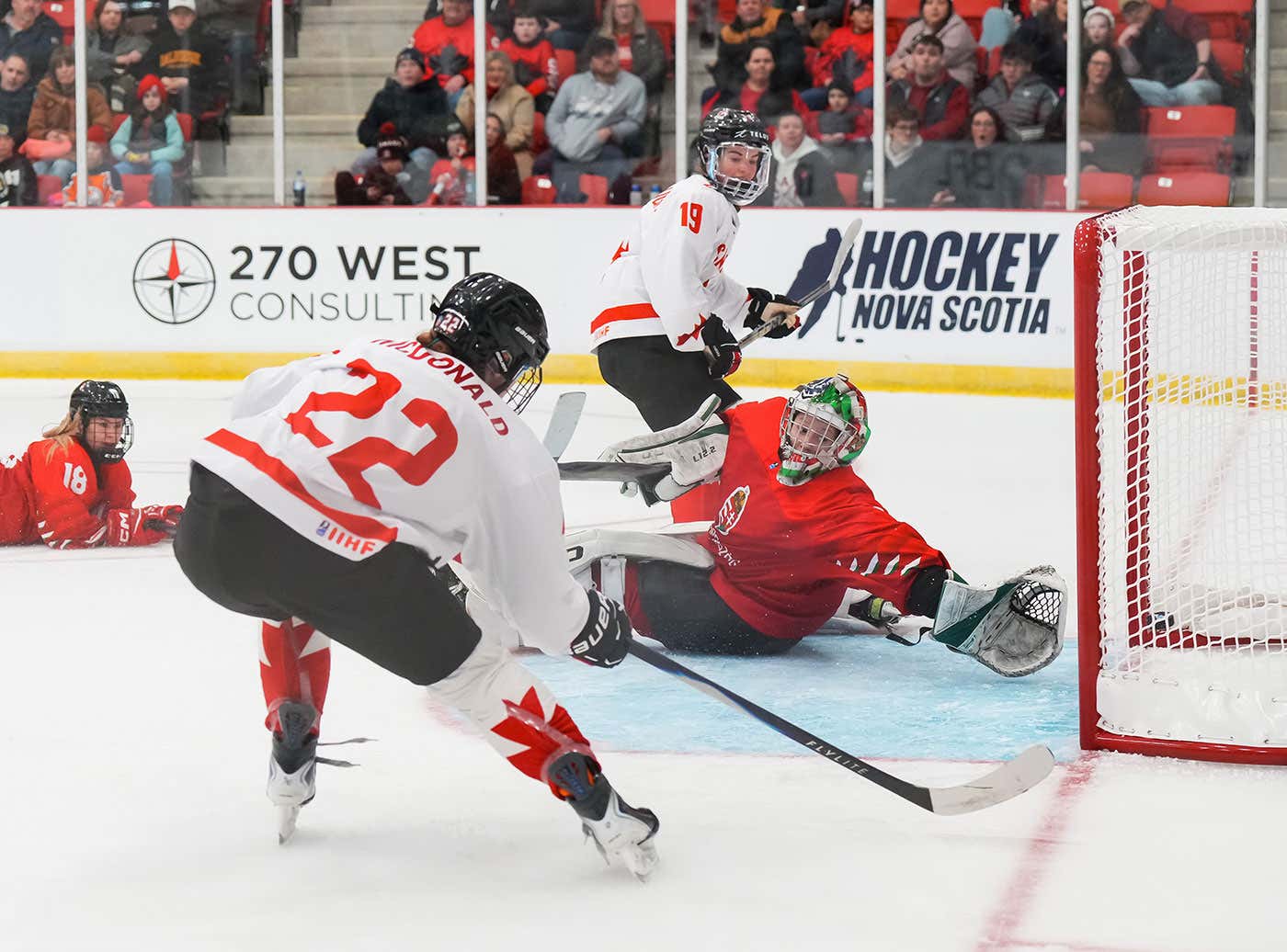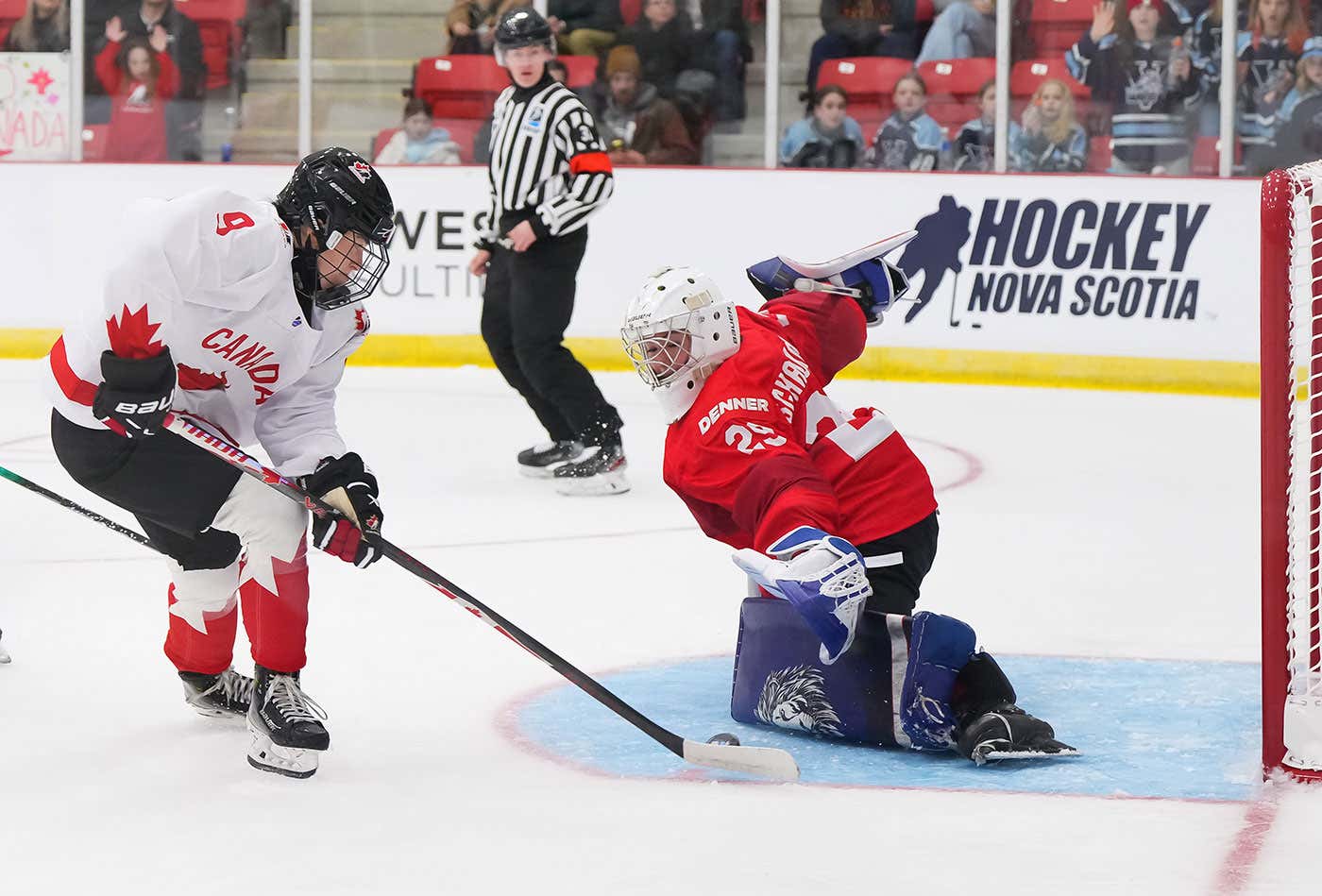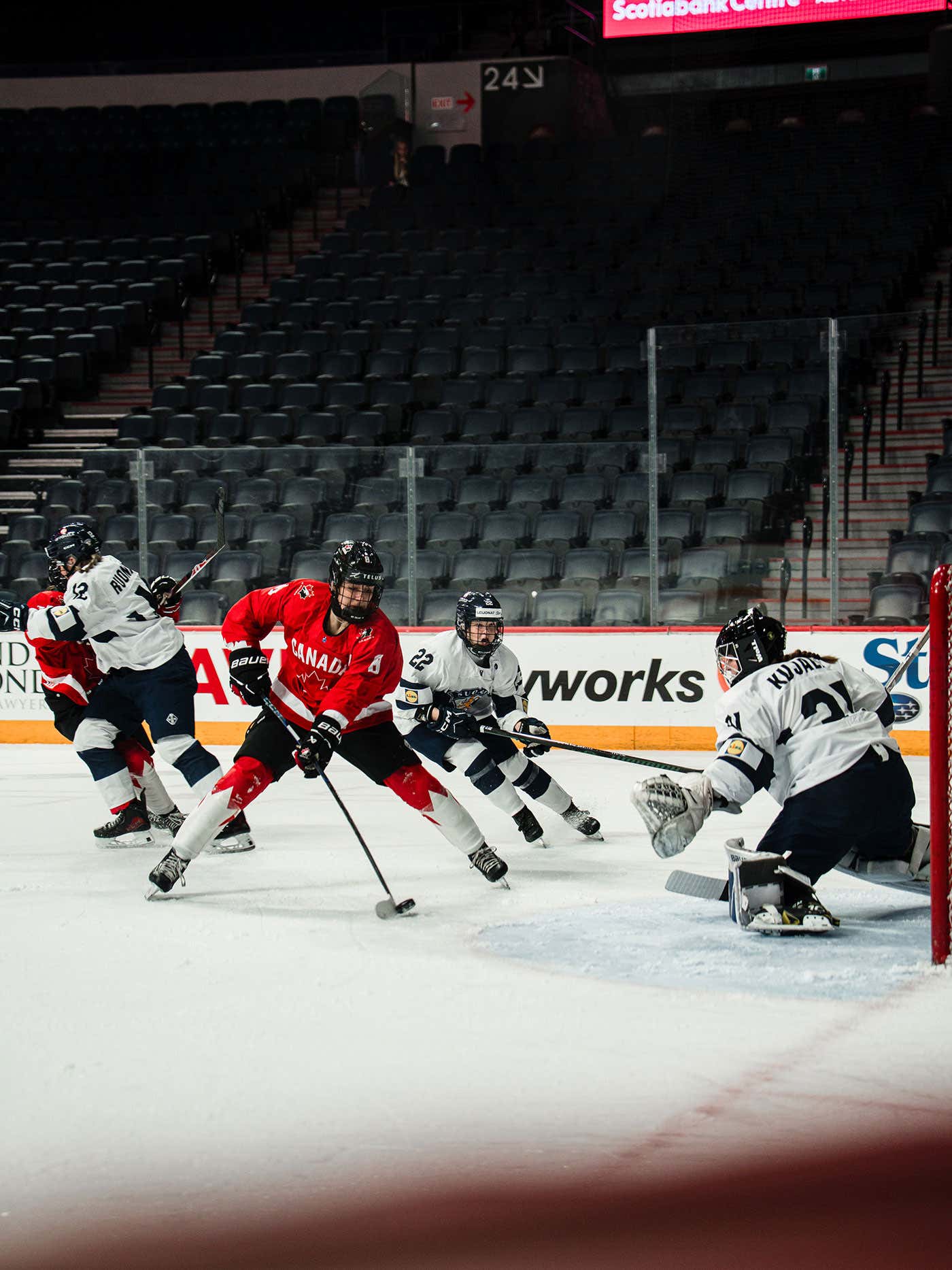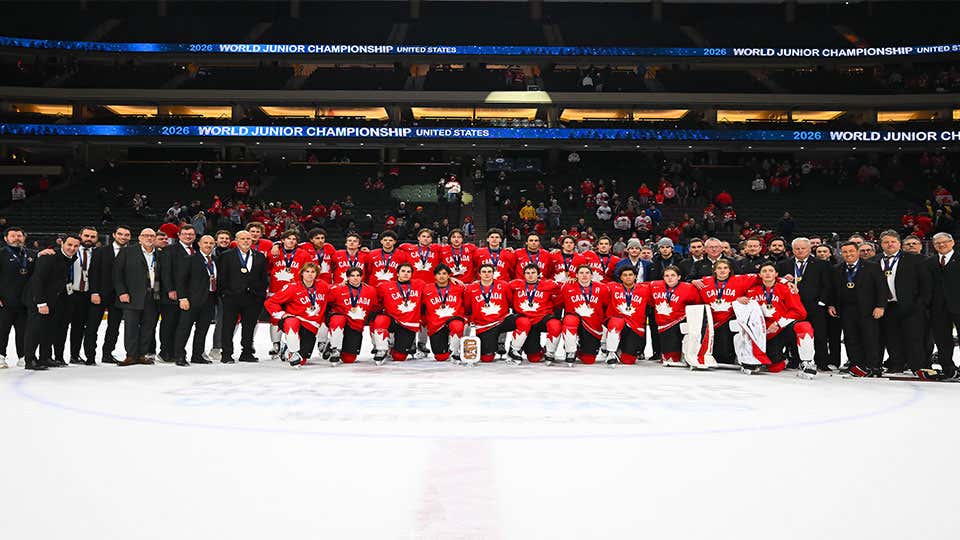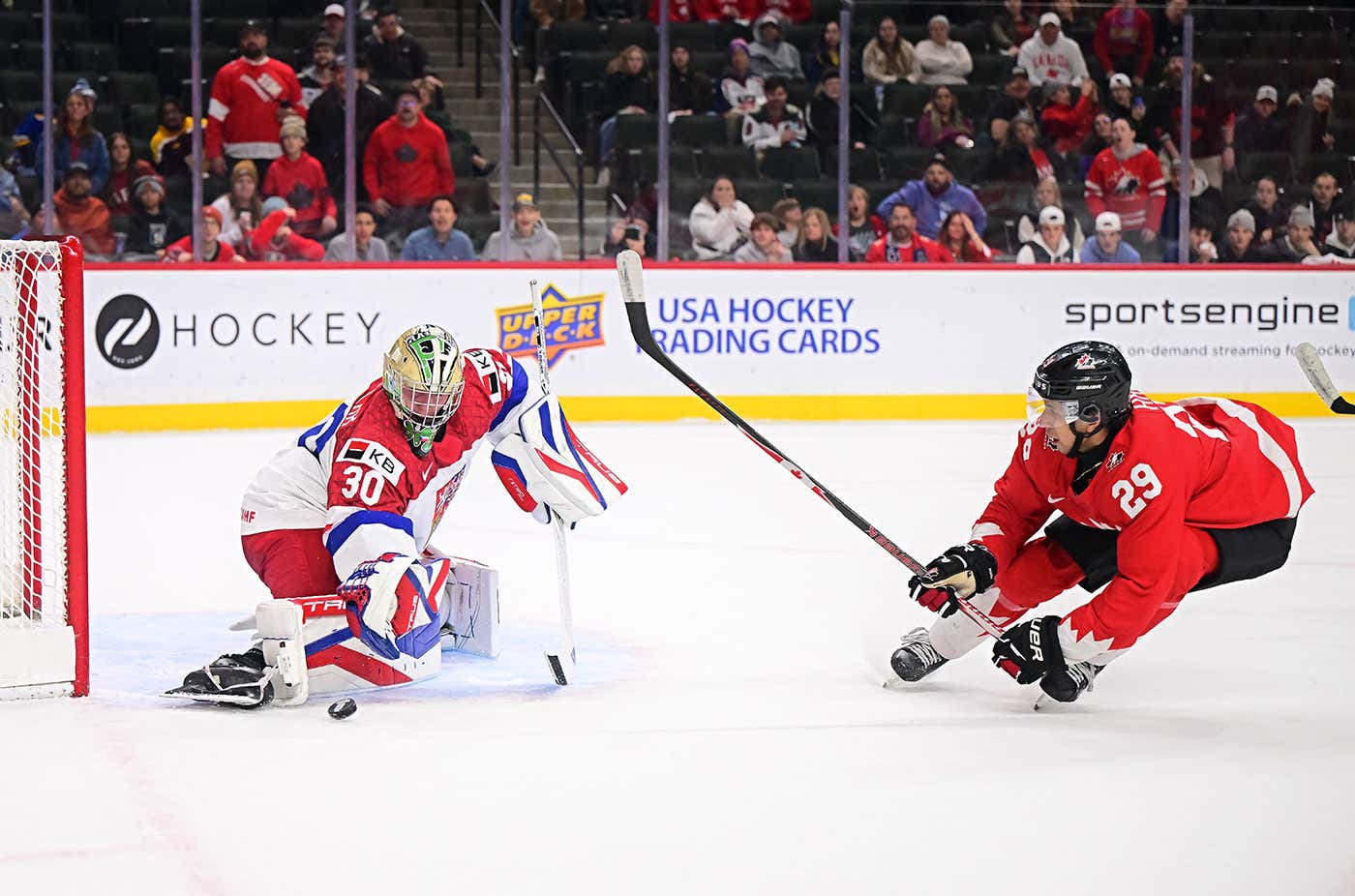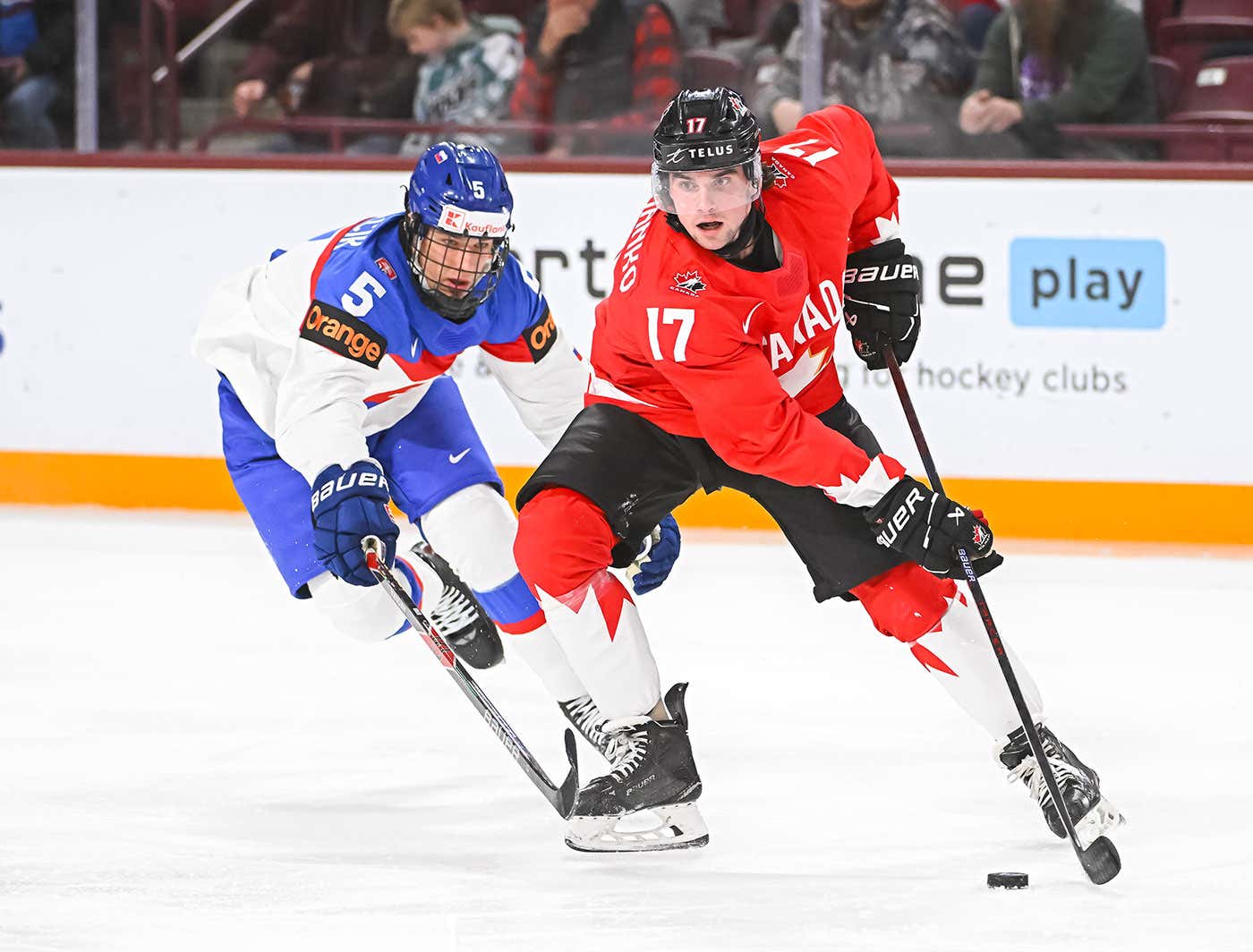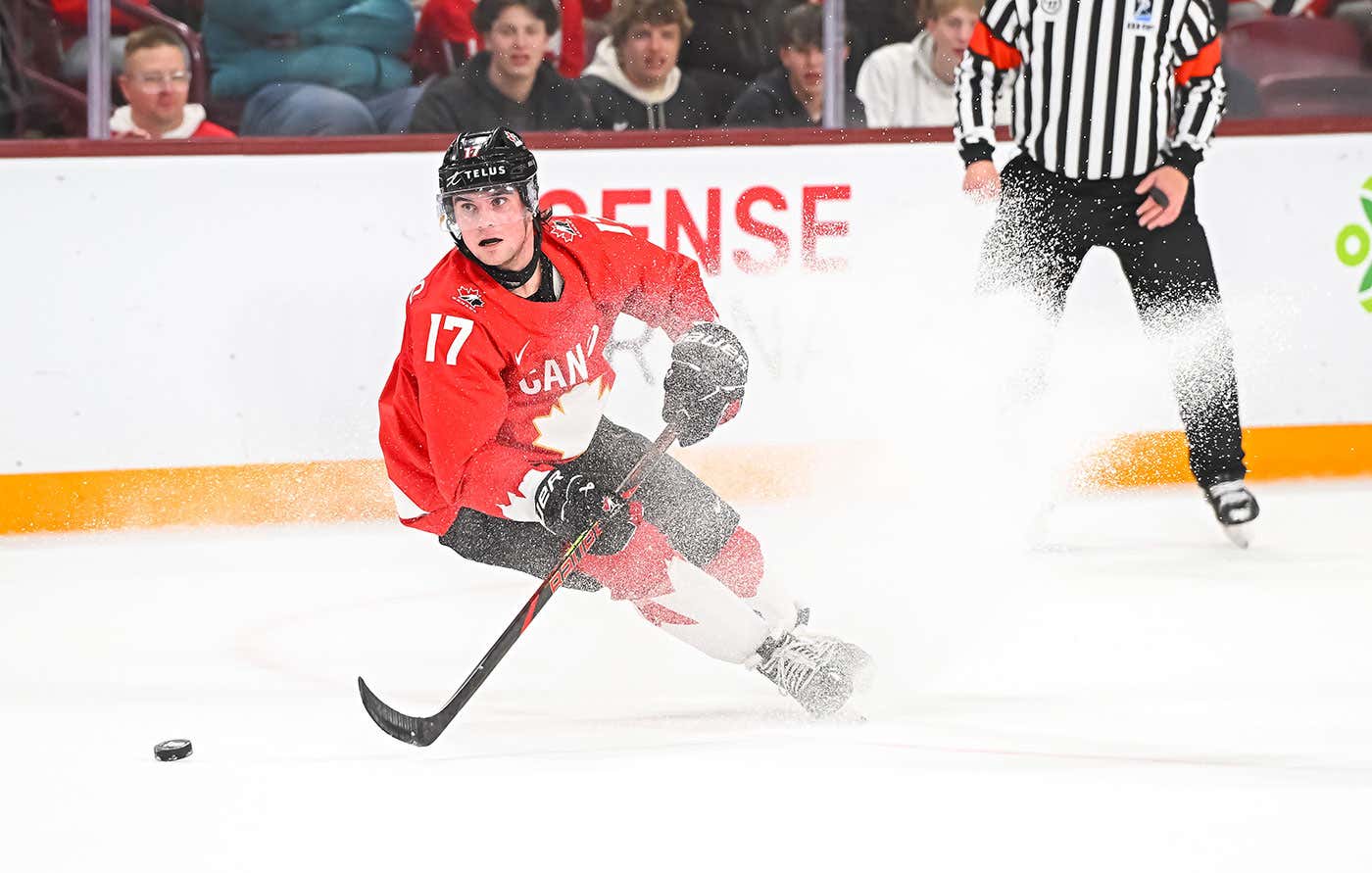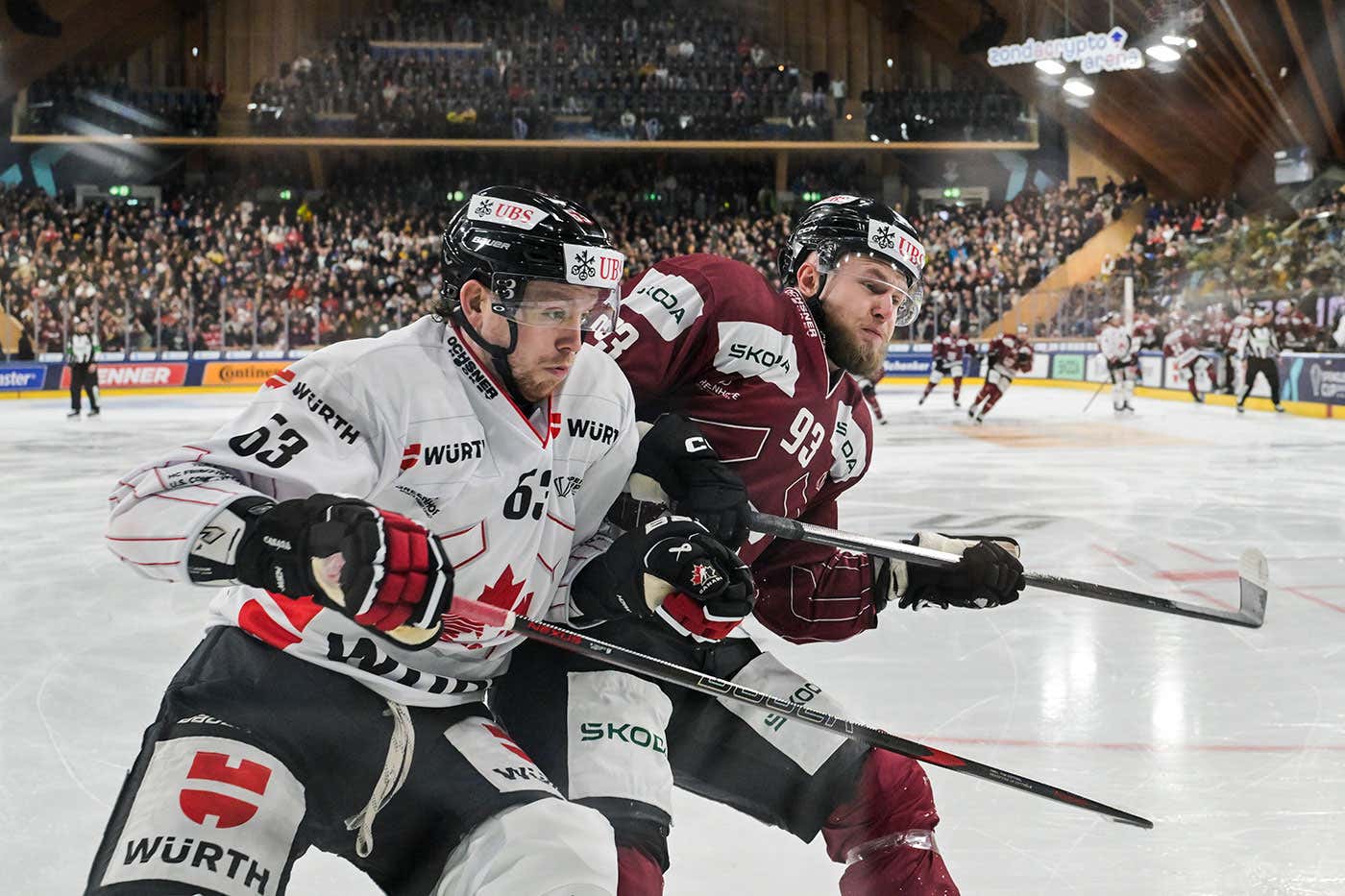CALGARY, Alberta – As part of the road to Italy, Hockey Canada has invited 92 players from its men’s, women’s and para hockey teams to attend its National Teams Orientation Camp, set for Aug. 26-28 in Calgary.
The National Teams Orientation Camp is a three-day, off-ice event with players and staff from all three programs, which will include presentations, team-building opportunities, team meetings and media opportunities in preparation for the upcoming season.
“We are excited to unveil the 92 athletes who will kick off the road to Italy, and to bring our men’s, women’s and para hockey teams together for three days as the first step towards our goal of winning triple gold in February,” said Scott Salmond (Creston, BC), Hockey Canada’s senior vice-president of high performance and hockey operations. “While the next several months will bring intense evaluation and difficult roster decisions, we look forward to kicking off the season in Calgary and giving our athletes and staff a chance to come together and start to become one team as we set our sights on February.”
“This season will be an exciting time for Hockey Canada and for the sport as a whole, and we are excited to continue our preparation by welcoming 92 men’s, women’s and para hockey athletes to Calgary this summer,” said Katherine Henderson (Thunder Bay, ON), Hockey Canada’s president and chief executive officer, who provides support to all three programs. “We certainly do not take for granted the opportunity and privilege we have to unite Canadians through our National Winter Sport, and we are confident that our national team athletes, coaches and staff will represent our country with tremendous pride on and off the ice as they deliver on our commitment to performance excellence.”
On the men’s side, 42 National Hockey League (NHL) players – including three goaltenders, 13 defencemen and 26 forwards – were selected by general manager Doug Armstrong (Sarnia, ON/St. Louis, NHL), assistant general managers Julien BriseBois (Greenfield Park, QC/Tampa Bay, NHL), Jim Nill (Hanna, AB/Dallas, NHL) and Don Sweeney (St. Stephen, NB/Boston, NHL), director of player personnel Kyle Dubas (Sault Ste. Marie, ON/Pittsburgh, NHL) and head coach Jon Cooper (Prince George, BC/Tampa Bay, NHL), with input from player relations advisor Ryan Getzlaf (Regina, SK) and Salmond.
The list includes three players who have won Olympic gold medals (Crosby, Doughty, Tavares), 12 who have won gold at the IIHF World Championship (Crosby, Ekblad, Hagel, Hill, MacKinnon, Marchand, McDavid, Montembeault, Reinhart, Scheifele, Stone, Weegar) and 13 who have won gold at the IIHF World Junior Championship (Bedard, Byfield, Crosby, Doughty, Makar, Marchand, McDavid, Morrissey, Point, Reinhart, Tavares, Theodore, Thomas). It also includes 19 Stanley Cup champions (Bennett, Binnington, Cirelli, Crosby, Doughty, Ekblad, Hill, MacKinnon, Makar, Marchand, Parayko, Point, Reinhart, Stone, Theodore, Thomas, Toews, Verhaeghe, Wilson), as well as all 24 players who were members of Canada’s 4 Nations Face-Off championship-winning team.
On the women’s side, 30 players – four goaltenders, 10 defence and 16 forwards – will be a part of Canada’s National Women’s Team throughout the 2025-26 season, with players participating in training blocks and attending events during the year. The players were selected by general manager Gina Kingsbury (Rouyn-Noranda, QC/Toronto, PWHL), head coach Troy Ryan (Spryfield, NS/Toronto, PWHL) and Cherie Piper (Scarborough, ON), senior manager of player development and scouting. Assistant coaches Kori Cheverie (New Glasgow, NS/Montréal, PWHL), Caroline Ouellette (Montréal, QC/Concordia University, RSEQ) and Britni Smith (Port Perry, ON/Syracuse University, AHA), along with goaltending consultant Brad Kirkwood (Calgary, AB/Toronto, PWHL), also provided input.
Included on the roster are 17 players who helped Canada win its fifth Olympic gold medal at the 2022 Olympic Winter Games in Beijing (Ambrose, Clark, Desbiens, Fast, Fillier, Jenner, Larocque, Maltais, Maschmeyer, Nurse, Poulin, Shelton, Stacey, Spooner, Thompson, Turnbull, Zandee-Hart). It also includes 24 players who helped Canada win a silver medal at the 2025 IIHF Women’s World Championship (Ambrose, Clark, Desbiens, Gardiner, Gascon, J. Gosling, Fast, Fillier, Jacques, Jenner, Larocque, Maltais, Nurse, O’Neill, Poulin, Primerano, Serdachny, Shelton, Spooner, Stacey, Thompson, Turnbull, Watts, Zandee-Hart).
As part of Canada’s National Para Hockey Team, 20 players – including three goaltenders, six defenceman and 11 forwards – have been selected to participate in camps and events throughout the 2025-26 season. The athletes were selected by the coaching staff, with input from Benoit Roy (Sudbury, ON), director of hockey operations, and Adam Janssen (Richmond Hill, ON), manager of hockey operations.
The roster includes nine players who claimed a silver medal at the 2022 Paralympic Winter Games (Armstrong, Dixon, Dunn, Henry, Hickey, Kingsmill, Lavin, McGregor, Jacobs-Webb). It also includes 16 players who helped Canada win a gold medal at the 2024 World Para Hockey Championship in Calgary (Armstrong, Boily, Burnett, Cozzolino, Dixon, Dunn, Halbert, Henry, Hickey, Jacobs-Webb, Kingsmill, Kovacevich, Lavin, Lelièvre, McGregor, Watson).
For more information on Hockey Canada, please visit HockeyCanada.ca, or follow along through social media on Facebook, X, Instagram and TikTok.

